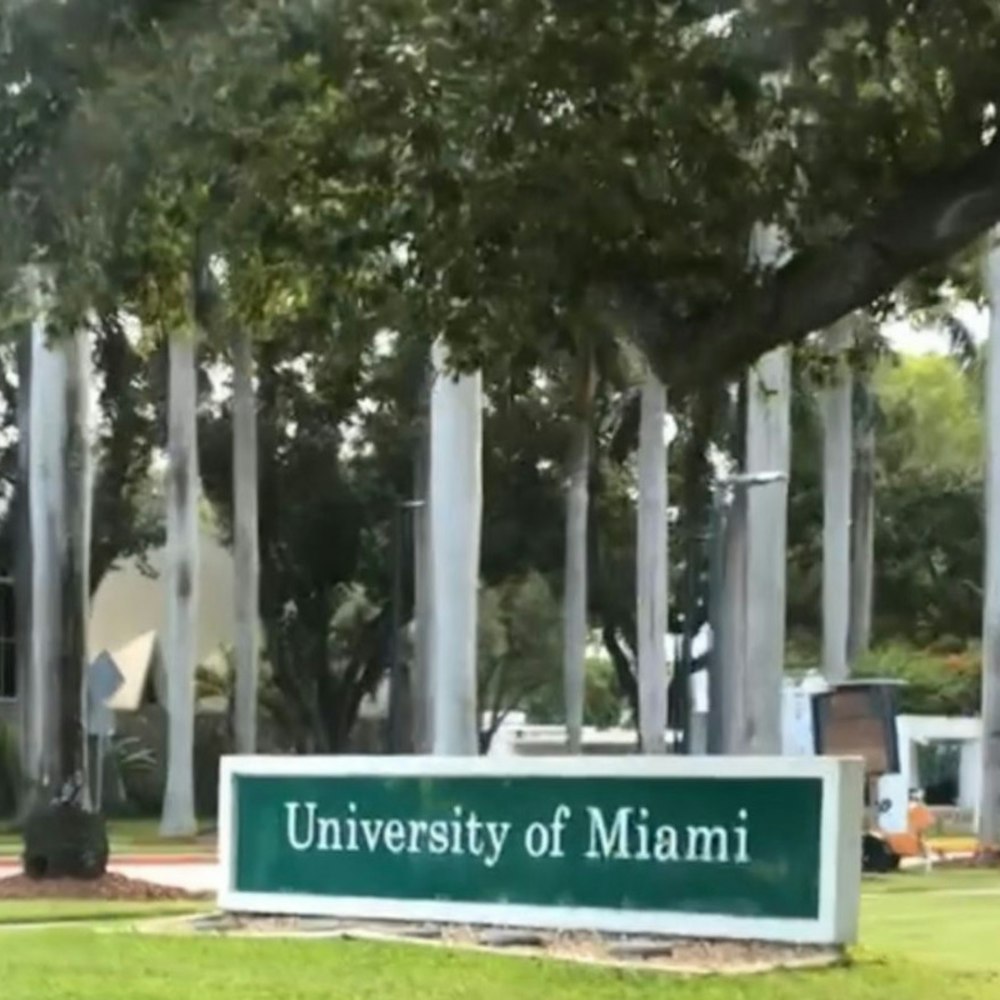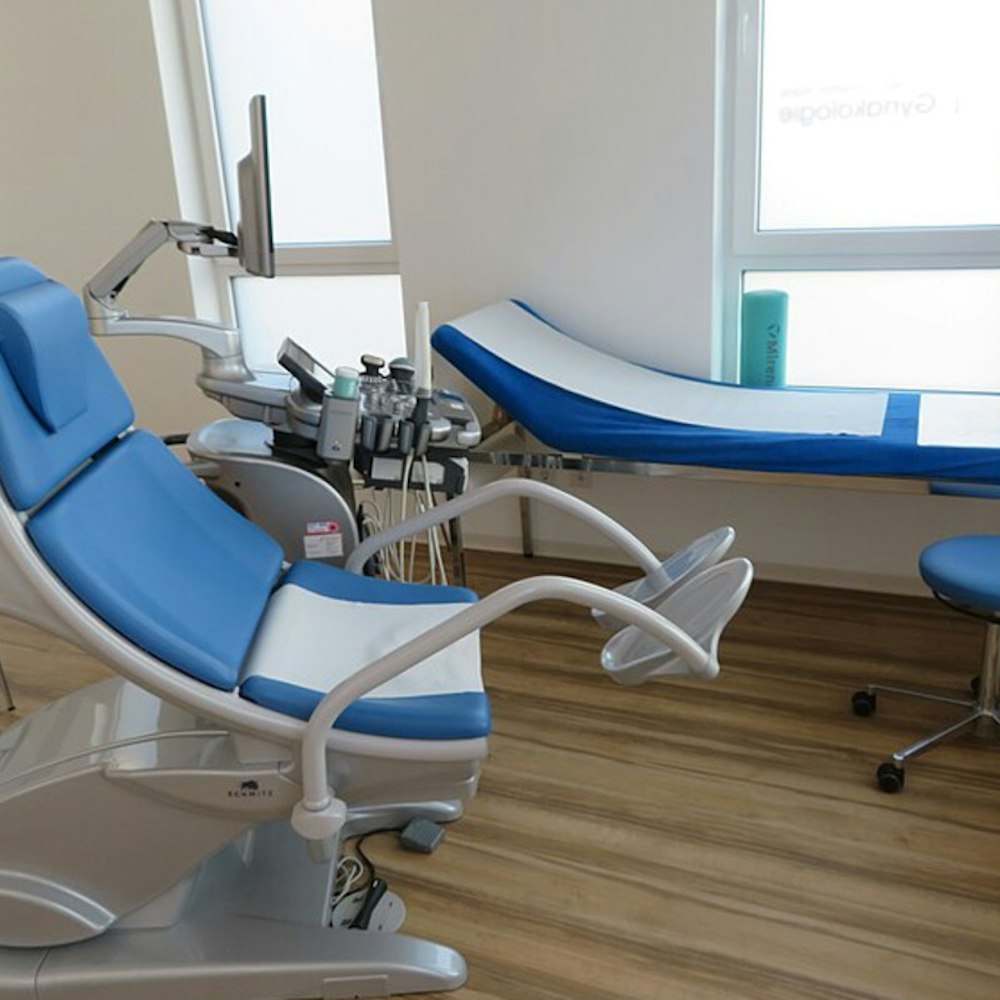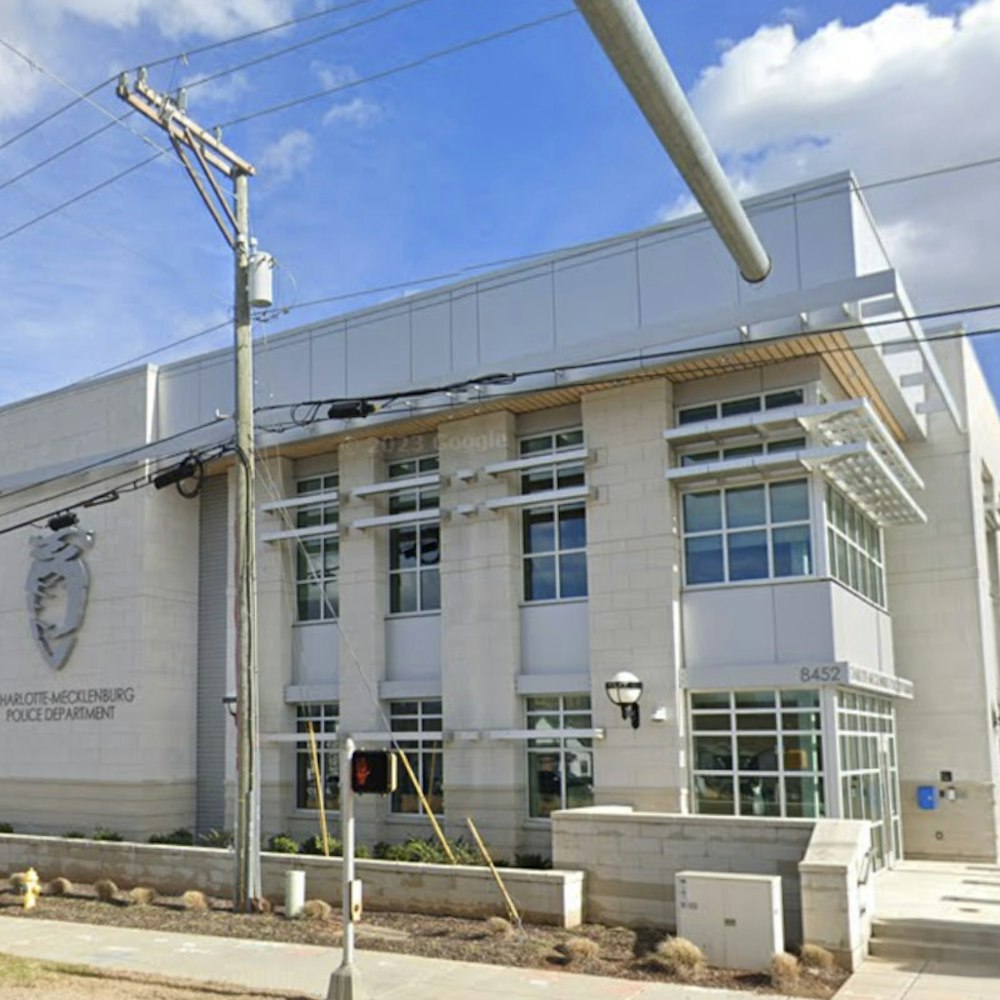
In a significant scientific stride, the Federal Drug Administration has greenlighted a clinical trial for a ground-breaking brain activity recording device developed by UC San Diego engineers. The platinum nanorod grid, known as PtNRGrid, boasts 1,024 embedded electrocorticography (ECoG) sensors that have the potential to revolutionize neurosurgery by ensuring negligible damage to healthy brain tissue during delicate operations. The nod from the FDA to proceed with medical trials of this device represents a pinnacle of interdisciplinary research melding engineering, neurosurgery, and clinical science.
The PtNRGrid device is designed to be placed directly on the brain's surface, capturing electrical signals with a precision not seen in current surgical tools. Its impressive nanoscale construction allows surgeons to more accurately pinpoint the areas responsible for epileptic seizures and to strategically navigate during tumor removal, with the ultimate aim to safely and effectively treat patients. According to UC San Diego, this technological advancement could soon provide a new level of insight into the intricacies of the human brain's functioning.
Professor Shadi Dayeh, from the Department of Electrical and Computer Engineering at UC San Diego, spearheaded the invention of the PtNRGrid along with his team. Their collaboration extended to experts from Massachusetts General Hospital (MGH) and Oregon Health & Science University (OHSU). Dr. Dayeh, in recognition of this collaborative effort, said, "We are very excited to receive the FDA approval to apply our groundbreaking PtNRGrid in a clinical setting. It is a credit to the hard work of my team members who worked tirelessly to meet the quality criteria mandated by the FDA." These words of Dr. Dayeh were obtained by UC San Diego.
The pivotal study sanctioned by the FDA, titled "Systematic Evaluation of Platinum Nanorod Grids (PtNRGrids) for Intraoperative Mapping and Neurophysiological Monitoring (IONM) During Brain Surgeries," is set to deploy the device in 20 patients initially. Surgeons at UC San Diego, led by Drs. Sharona Ben-Haim and Eric Halgren, as well as Dr. Sydney Cash at MGH and Dr. Ahmed Raslan at OHSU, will implant the grids and subsequently assess the technology's efficacy. Comparisons with the current state-of-the-art equipment aim to highlight the incremental value PtNRGrid promises to the field of neurosurgery.
Records established by Dayeh's team, including a world record for capturing brain activity from a single cortical grid with 2,048 channels, present a promising prelude to the upcoming trial. Dayeh conveyed his anticipation for the benefits this device may bring to neuroscience, stating, "Our goal is to provide a new atlas for understanding and treating neurological disorders, working with a network of highly experienced clinical collaborators at UC San Diego, MGH, and OHSU", as cited by UC San Diego.
The success of the PtNRGrid may not only enhance surgical precision but could also pave the way for unparalleled explorations into how our brains function. With potential applications spanning beyond the operating room into the realm of basic science research, this innovation holds the key to untangling complex neurological disorders and developing more effective treatments.
-1.webp?w=1000&h=1000&fit=crop&crop:edges)








